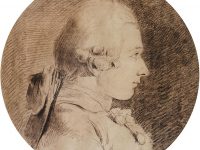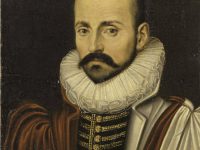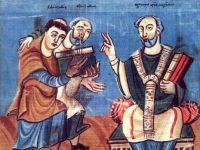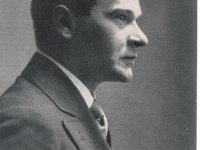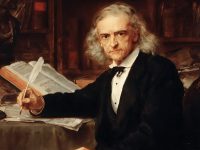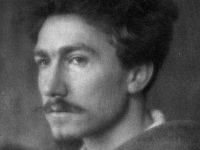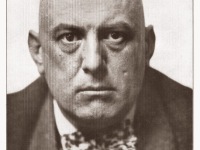The Poet and the Lunatics – The Works of C. K. Chesterton
On May 29, 1874, English writer, philosopher, lay theologian, and literary and art critic Gilbert Keith Chesterton was born. Chesterton created the fictional priest-detective Father Brown, and wrote on apologetics. Even some of those who disagree with him have recognised the wide appeal of such works as Orthodoxy and The Everlasting Man. I remember that I really enjoyed reading Chesterton’s short novel The Man Who Was Thursday (1908), somehow a political satire or almost…
Read more


